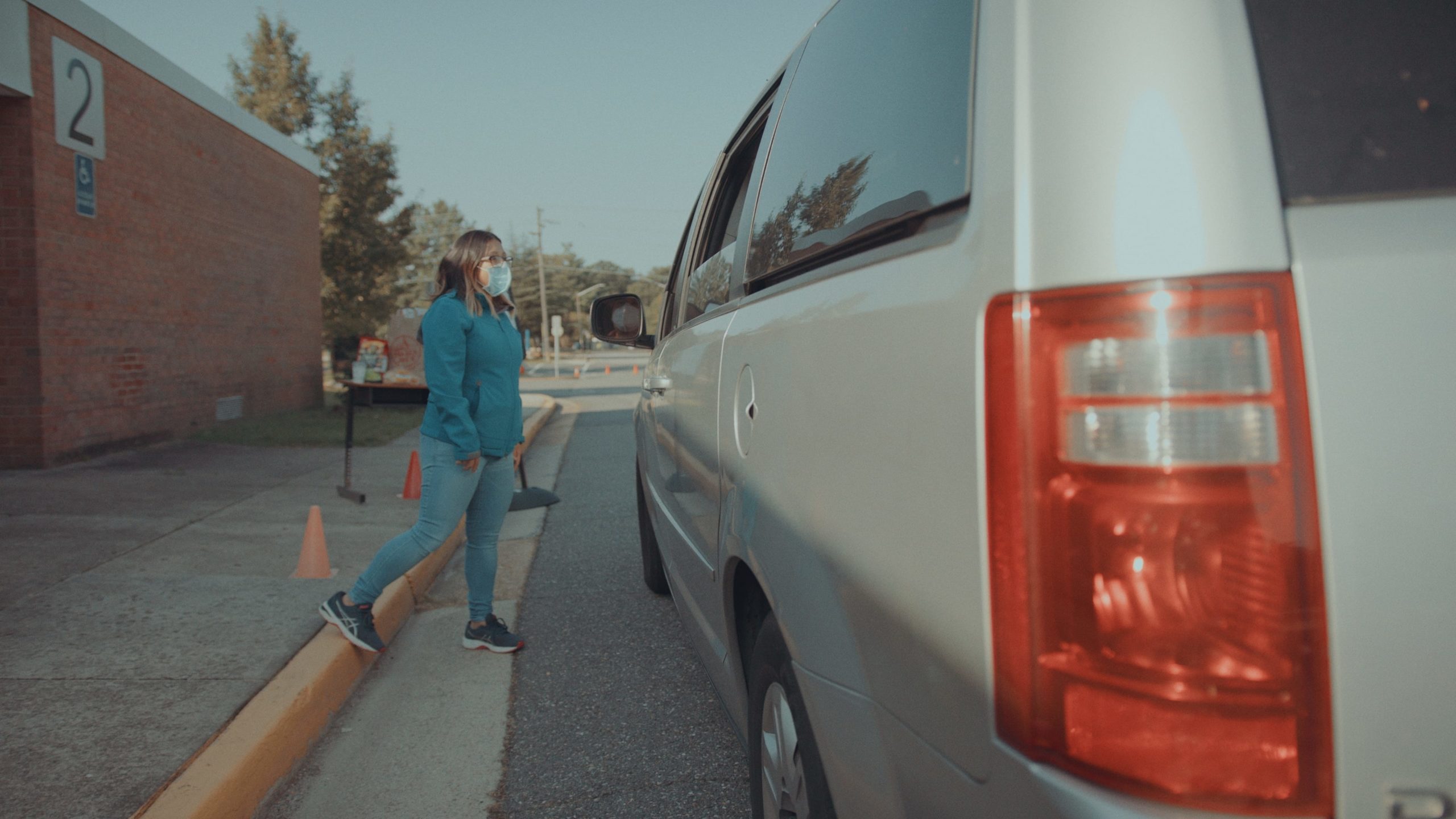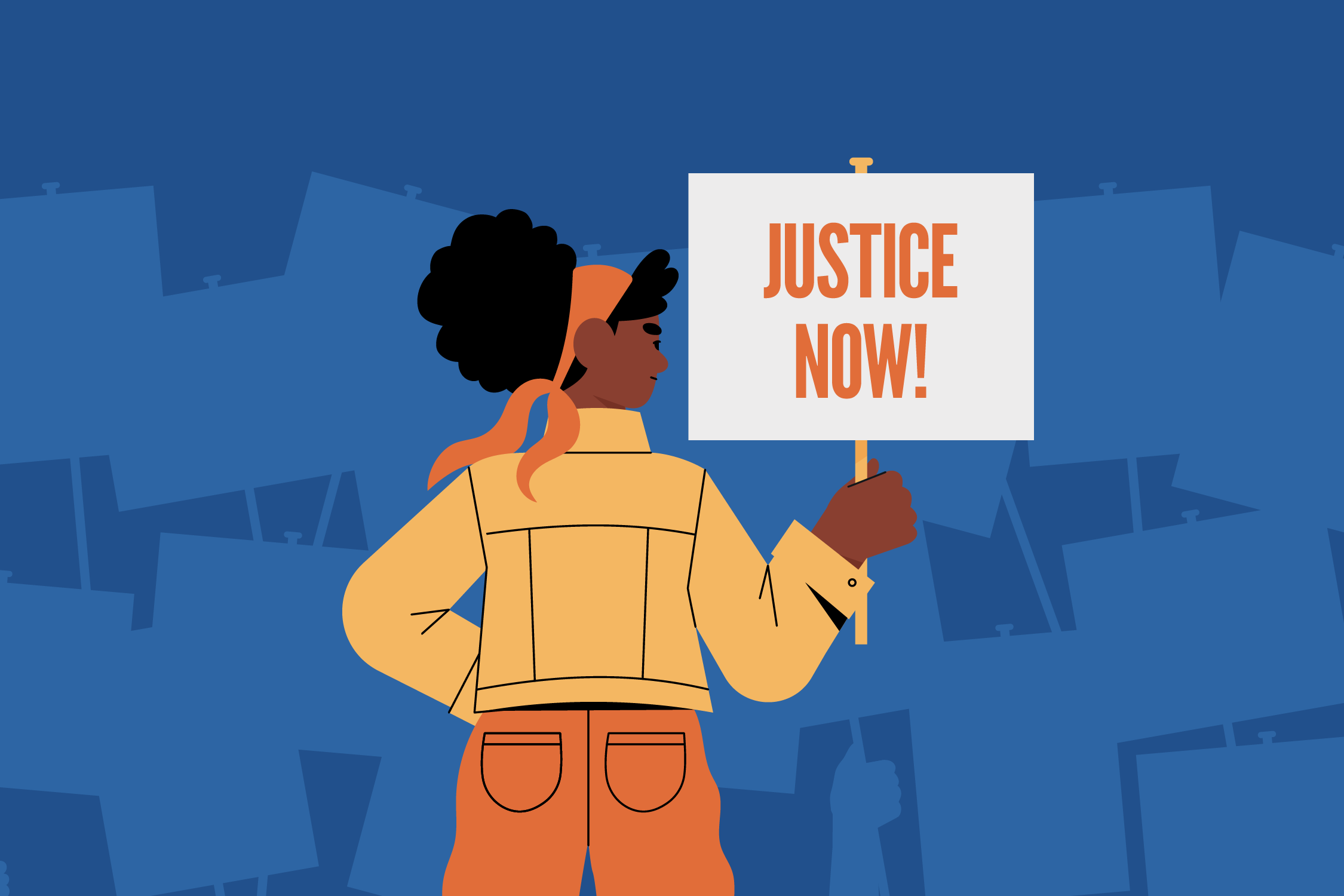
Emily Pike is a part-time educator and a single mother of two. In July, her hours at work were reduced nearly in half, cutting her income by almost 50%. Her children, 7 and 9 years old, are working their way through virtual learning alone while their mother is gone from 9 a.m. to 6 p.m. for three days of the week to work. Before the extension of unemployment insurance cut off, Pike was able to scrape by and even save money here and there. However, with reduced hours and three months without supplemental income from unemployment insurance, Pike is struggling to feed herself and her kids, let alone stay on top of rent, find child care or have access to healthcare.
The experience of Emily is one echoed by millions of Americans who have found themselves with reduced working hours or unemployed yet still bearing all of the costs associated with living. Prior to the pandemic, she was doing everything “right;” she was saving for her children’s college education, she’d opened a bank account and improved her credit, she started planning to buy her house. However, as the pandemic soared, she lost a majority of her income, she was kicked off her employer-provided health care, and she struggled to keep up with cost of living around her. But there was a beacon of hope: Pike found her supplemental assistance in safety net programs funded by donors in her community.
In recent months, Pike, like many others in her same position across the country, turned toward the services she’d been donating to for years—food banks, clothing drives and financial institutions—to keep her afloat. Having reduced income meant that Pike needed to find areas in which she could cut corners off her budget—food and utility assistance were one of them. Through one of her daughter’s schools—a United Way of the National Capital Area Community School—Pike discovered a monthly food market that could provide Pike’s family with enough free groceries to last two weeks. Through a social worker within the school, Pike was connected to a United Way of the National Capital Area Financial Empowerment Center who assisted her in planning her living expenses while scouting for additional streams of supplemental income. The wrap-around services provided through both the Community School and the Financial Empowerment Center have allowed Pike to stay afloat through the turbulent months of fall.
Now with COVID-19 cases spiking exponentially across the country and the prospect of another shutdown looming, communities are increasingly dependent on family food markets and resource distribution sites across the region to help them fill the gaps. The ability of safety net programs to be able to scale to the size of the need in our area will be vital in determining how great a recovery we need.
However, the recent dependence on safety net programs by so many working people beckons the conversation of how we got here in the first place. Prior to the pandemic, many people working part time, on contracts or through a “gig” economy had no access to health care outside the ACA, which for many, the steep monthly premium eats up a significant amount of their paycheck. At least 14.2 million workers were given health care through their jobs, but lost it once they were laid off. In the months since the pandemic, society has increasingly relied on “essential workers” to help continue important operations like stocking grocery store shelves, delivering mail or working in hospitals. Yet, many of these same workers are still paid close to minimum wage—which in Virginia is $7.25—aren’t given paid time off or sick days, nor are they provided health care. And while safety net programs are absolutely essential in helping families stay stable throughout the pandemic, it’s not sustainable to have so many people dependent on programs that ultimately treat symptoms of larger, more systemic problems.
As we turn toward reimagining and rebuilding a post-pandemic world, we need to boldly revision a system that never lets so many people fall through the cracks in the first place. Through the pandemic we’ve learned that provide people in need supplemental assistance that allows them greater flexibility to take care of essentials like housing, food and utilities. We’ve learned that if you provide people with a greater amount of money month to month, most people will invest into savings and continue looking for more work. We’ve also learned that wrap-around services like Community Schools and Financial Empowerment Centers are critical to helping people connect with all of the services and benefits available to them.
As we move forward, we need to ensure that everyone is provided for during the region’s recovery. Your United Way is committed to achieving equity in the National Capital Area by reducing gaps and disparities present in our current systems. But we need your help to offer support, to lend your voice and to come along on this journey with us.
To learn more about how plan to build a better region for all, visit UnitedWayNCA.org/Equity.


